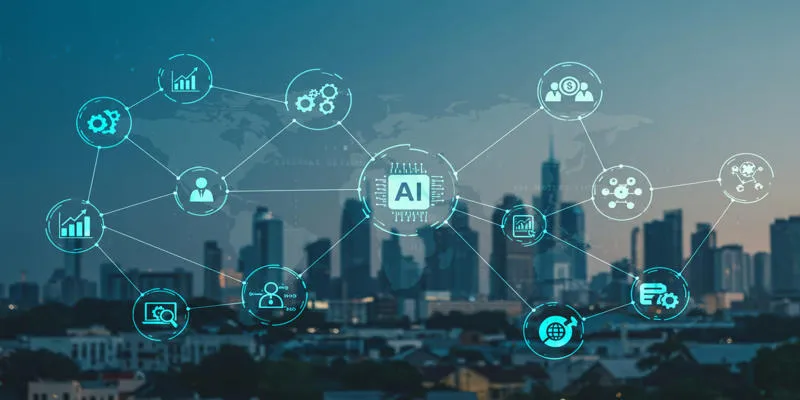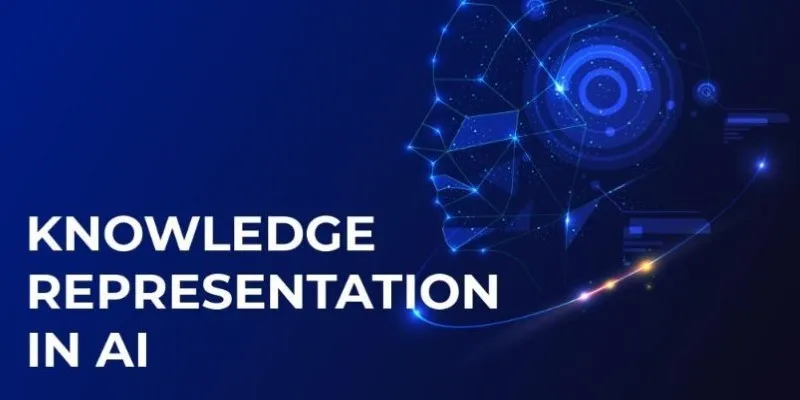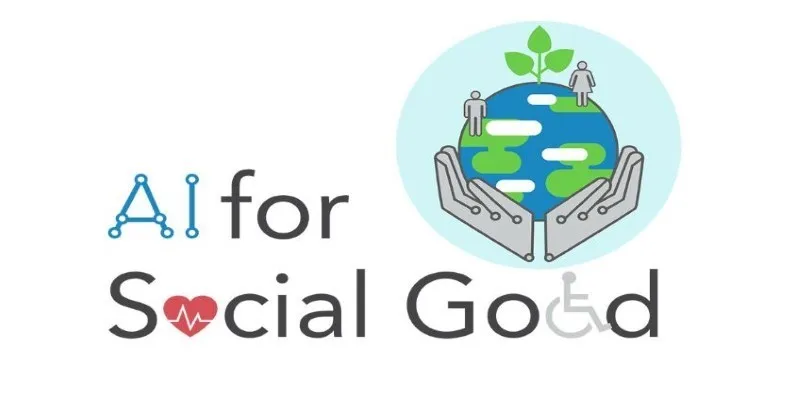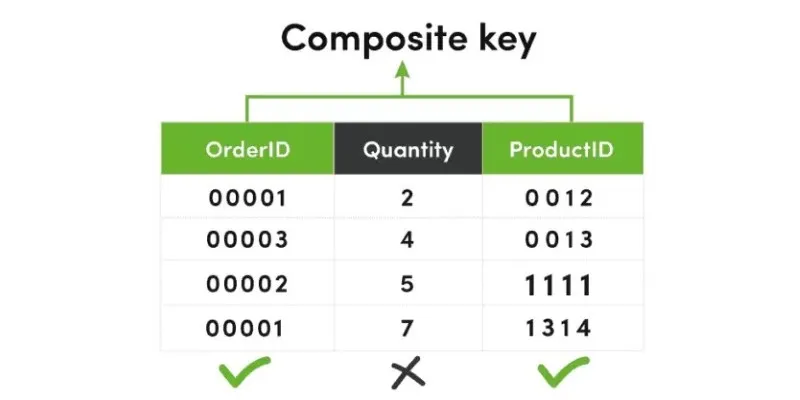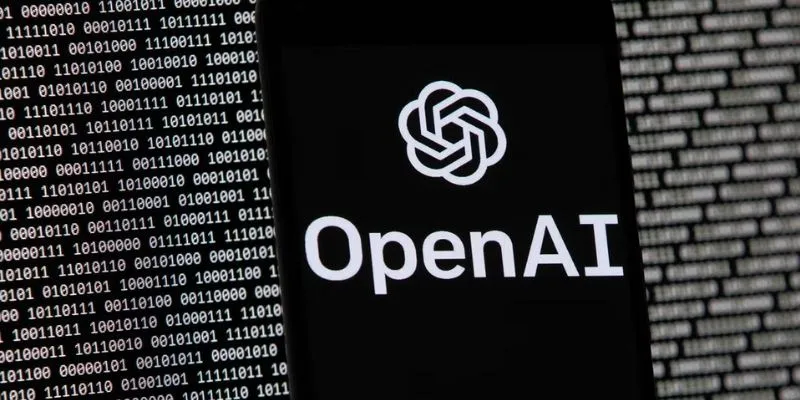Technology continues to advance rapidly, yet mastering coding remains a daunting task for many. Not everyone possesses the time, skills, or resources to become a developer. This challenge has propelled the rise in popularity of low-code and no-code platforms. These platforms empower users to construct apps, websites, and digital tools without the need for intricate coding. With the integration of Artificial Intelligence (AI) into these platforms, software creation has become not only faster but also more accessible than ever before.
AI in low-code/no-code platforms is revolutionizing the development process, unlocking fresh opportunities for businesses and individuals alike. It enables anyone with an idea to actualize digital solutions, democratizing technology for all.
How AI Enhances Low-Code/No-Code Platforms?
AI is revolutionizing low-code/no-code platforms in ways that transcend mere convenience. At the core of this transformation lies automation — AI’s capacity to handle repetitive, time-consuming tasks that impede software development progress. Building apps typically involves iterations of similar tasks, such as configuring databases or designing user interfaces. AI now automates much of this work, offering intelligent suggestions, generating code, and even predicting users’ next steps.
Modern low-code/no-code platforms are equipped with AI-driven tools that streamline app development, making it feel less technical and more instinctive. For instance, users can effortlessly drag and drop elements onto a page, with AI adjusting these elements based on best practices. Some platforms even enable users to input instructions in plain language, which the AI then translates into functional code. This functionality empowers individuals with minimal coding experience to create robust digital solutions.
AI excels in data management as well. Given the vast volumes of data businesses handle today, deciphering insights can be overwhelming. AI facilitates data cleaning, trend identification, and automatic report or dashboard generation. It can even establish workflows that respond to specific triggers without necessitating any manual coding.
Additionally, AI enhances security and performance. These platforms can automatically scan for errors or vulnerabilities, ensuring that the apps users create are secure, reliable, and ready for immediate use.
Benefits of AI in Low-Code/No-Code Development
AI in low-code/no-code platforms offers tangible benefits for businesses and individuals. One of the most significant advantages is speed. Traditional software development is time-consuming, involving design, coding, testing, and deployment. With AI-powered low-code tools, individuals can develop apps in a matter of days rather than months. This acceleration is particularly advantageous for small businesses aiming to iterate swiftly without the need for an extensive development team.

Another key benefit is cost savings. Hiring developers is costly, and maintaining complex codebases can be resource-intensive. With AI automating numerous tasks, businesses require fewer technical experts to launch and manage their tools.
Flexibility is another advantage. AI in low-code/no-code platforms empowers businesses to swiftly adapt to market changes. For instance, companies can easily adjust their online stores or customer service systems using these platforms without having to wait for custom development.
For non-technical users, AI alleviates much of the apprehension and frustration associated with software development. Many individuals with innovative ideas or business solutions hesitate to act due to their lack of technical expertise. AI bridges this gap by offering intuitive tools that guide users through the development process step by step.
Challenges of AI in Low-Code/No-Code Platforms
Despite the significant progress made with AI in low-code/no-code platforms, challenges persist. One such challenge is customization. AI-generated solutions excel at basic tasks but may fall short when faced with complex or highly specialized requirements. Businesses with unique processes may still necessitate traditional development for certain aspects of their systems.
There is also a learning curve associated with these platforms. Although they are more user-friendly than traditional coding environments, users still need a foundational understanding of concepts like workflows, databases, and logic. While AI provides assistance, it cannot supplant human creativity or problem-solving skills.
Security poses another concern. As more individuals create apps without technical expertise, there is a heightened risk of poor design choices leading to data breaches. AI mitigates this risk to some extent, but it is not infallible. Users must adhere to best practices and comprehend privacy considerations.
Future Potential of AI in Low-Code/No-Code Platforms
Despite these challenges, the future appears promising. As AI technology advances, its role in low-code/no-code platforms will only strengthen. Anticipate smarter recommendations, enhanced natural language processing, and deeper integration with other AI tools. Over time, these platforms may support even more advanced features such as voice commands or real-time collaboration driven by AI.

This evolution implies that businesses of all sizes will access powerful software development tools without requiring a full-fledged IT department. It also paves the way for individuals in creative fields, education, and healthcare to create tailored solutions that meet their specific needs.
AI in low-code/no-code platforms is part of a broader trend of democratizing technology. The objective is clear — make technology serve people, not vice versa. It offers diverse voices the opportunity to contribute to digital innovation, irrespective of their technical background or coding proficiency.
Conclusion
AI in low-code/no-code platforms is reshaping the software development landscape, enabling non-technical users to create apps swiftly, effortlessly, and cost-effectively. These platforms amalgamate automation, intelligent suggestions, and user-centric design to enhance accessibility and efficiency in development. While challenges like customization and security persist, the future of these tools appears exceedingly promising. As AI technology progresses, these platforms will offer even more sophisticated features to support users. Ultimately, AI in low-code/no-code platforms fosters creativity, saves time, and unlocks new possibilities for businesses and individuals to realize their ideas without requiring expert coding skills.
 zfn9
zfn9




